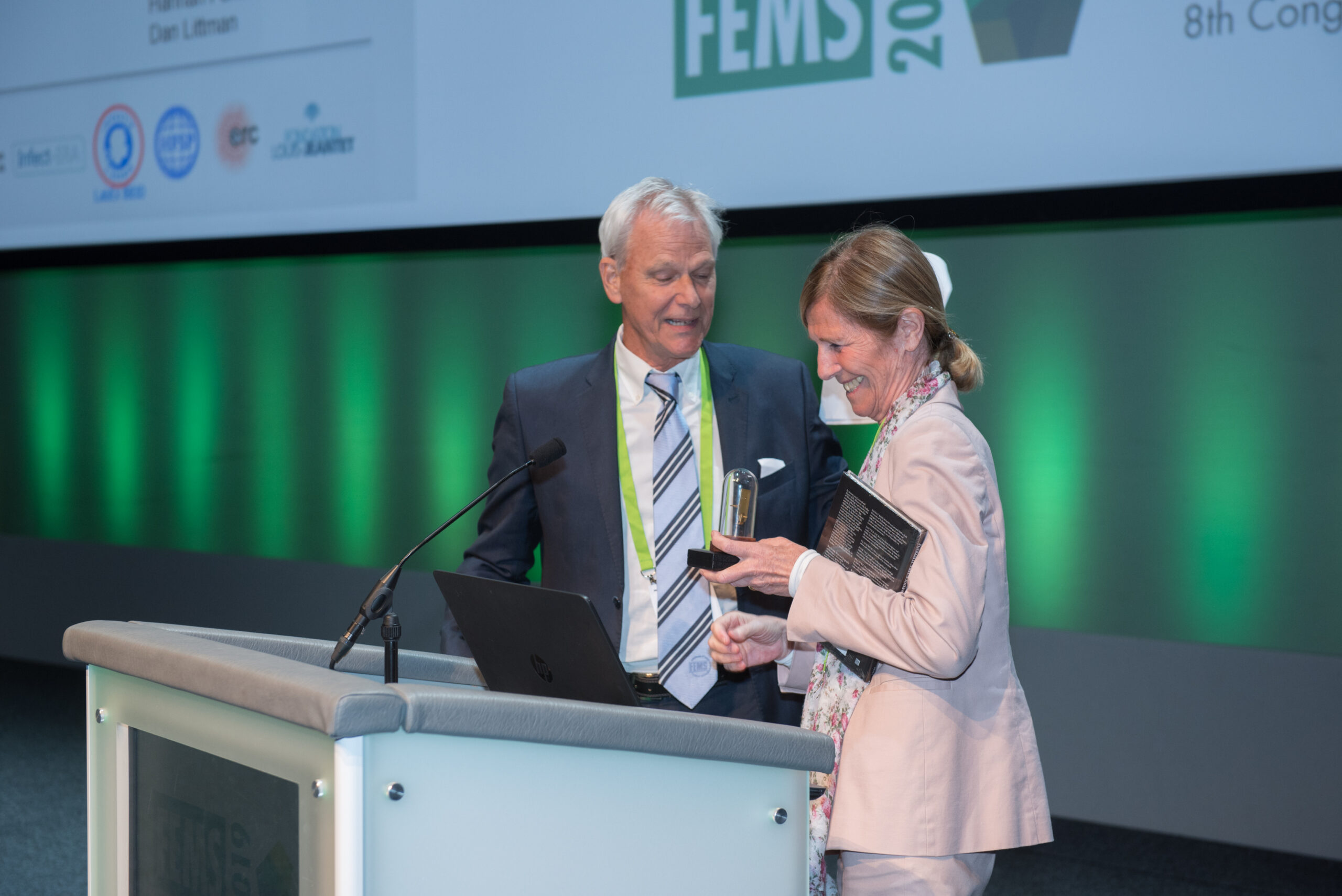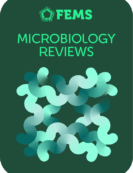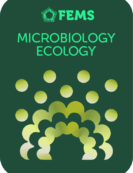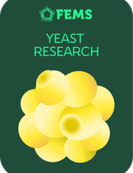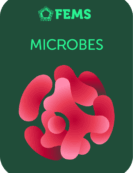FEMS-Lwoff Award for Achievements in Microbiology
Launched in 2000, the FEMS-Lwoff Award for Achievements in Microbiology is the most prestigious prize awarded by FEMS. It rewards the best scientists in their field who have consistently shown they can create the highest quality knowledge to help solve today’s societal problems through world class microbiology research.

The FEMS-Lwoff Award for Achievements in Microbiology was named in honour of the 1st FEMS President (1974-1976), Professor André M. Lwoff, 1965 Nobel laureate (Medicine).
Making a nomination:
Everyone in the field of microbiology (societies, groups, or individuals) may nominate a Lwoff Award candidate to be presented with the prize at the FEMS MICRO: Congress & Exhibition, after giving a Prize Lecture.
Do you know anyone who has provided outstanding service to microbiology in Europe? Have they done something that deserves recognition? Then why not nominate them for the FEMS-Lwoff Award?
Additional information about the selection procedure can be found in the FEMS Lwoff Award Regulations 2026.
Nominations for the FEMS-Lwoff Award are closed. More information on the next nomination cycle is coming soon.
We foster an atmosphere of inclusion and equal opportunities and place a high value on ensuring we reflect the diversity of the microbiological community throughout our organization and in what we do. We warmly welcome nominations that will recognize scientists from underrepresented groups.
Winners receive:
- a prize-lecture at the FEMS MICRO: Congress & Exhibition and free registrations to FEMS MICRO
- the opportunity to present research to the wider microbiology community via the FEMS Journals and FEMS communication channels
- a commemorative silver medal
- an honorarium of €1000
Please find all our esteemed Lwoff Awardees below, including podcast and video interviews.
FEMS-Lwoff Awardees:
2025 Lwoff Awardee
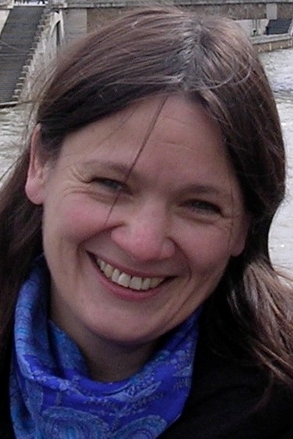 Prof. Carmen Buchrieser
Prof. Carmen Buchrieser
Prize lecture: Legionella pneumophila – a copycat eukaryote
Venue: Milan, Italy, FEMS MICRO 2025: Congress & Exhibition
Read the Press Release | Hear from Carmen Buchrieser in our podcast
–
2023 Lwoff Awardee
 Prof. Kenneth Timmis
Prof. Kenneth Timmis
Prize Lecture: Microbiology Literacy And Human Stewardship Of Planet Earth: The Generational Contract
Venue: Hamburg, Germany, 10th FEMS Congress
Read the Press Release | Hear from Kenneth Timmis in our podcast
–
2021 Lwoff Awardee
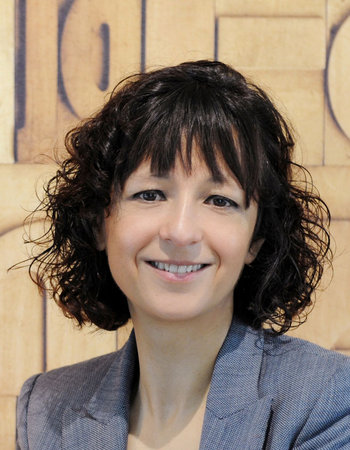 Prof. E. Charpentier, France
Prof. E. Charpentier, France
Prize Lecture: Crispr-Cas-9: Transforming Life Sciences Through Bacteria
Venue: World Microbe Forum, Online, 9th FEMS Congress
Read our Spotlight with Emmanuelle Charpentier
–
2019 Lwoff Awardee
 Prof. P. Cossart, France
Prof. P. Cossart, France
Prize Lecture: The model organism Listeria monocytogenes: towards the complete understanding of it physiology and its virulence
Venue: Glasgow, Scotland, 8th FEMS Congress
Read the Press Release | Watch our interview with Pascale Cossart
–
2017 Lwoff Awardee
 Prof. J. Errington, United Kingdom
Prof. J. Errington, United Kingdom
Prize Lecture: Cell wall deficient (L-form) bacteria: from chronic infections to the origins of life
Venue: Valencia, Spain, 7th FEMS Congress
–
2015 Lwoff Awardees
Prize Lecture: Transmission: a basic process in Microbiology
Venue: Maastricht, The Netherlands, 6th FEMS Congress
Date: 11 June 2015
Prize Lecture: The microbial methane cycle
Venue: Maastricht, The Netherlands, 6th FEMS Congress
Date: 11 June 2015
–
2013 Lwoff Awardee
 Prof. Juan Luis Ramos, Granada
Prof. Juan Luis Ramos, Granada
Prize Lecture: Mechanism of Solvent Tolerance in Gram Negative Bacteria
Venue: Leipzig, Germany, 5th FEMS Congress
Date: 25 July 2013
–
2011 Lwoff Awardee
 Miroslav Radman, Croatia
Miroslav Radman, Croatia
Venue: Geneva, Switzerland, 4th FEMS Congress
Date: 30 June 2011
–
2009 Lwoff Awardee
 Karl-Heinz Schleifer, Germany
Karl-Heinz Schleifer, Germany
Prize Lecture: Classification of Bacteria: From Unicellular Plants to the Age of Genomics
Venue: Gothenburg, Sweden, at the occasion of the 3rd FEMS Congress
Date: 1 July 2009
–
2006 Lwoff Awardee
Prize Lecture: Evolution in Microbial Pathogens
Venue: Madrid, Spain, at the occasion of the 2nd FEMS Congress
Date: 6 July 2006
–
2003 Lwoff Awardee
 Prof. Sir David A. Hopwood, United Kingdom
Prof. Sir David A. Hopwood, United Kingdom
Prize Lecture: Streptomyces Genes in Nature and Medicine
Venue: Ljubljana, Slovenia, at the occasion of the 1st FEMS Congress
Date: 2 July 2003
–
2000 Lwoff Awardee
 Prof. Philippe J. Sansonetti, France
Prof. Philippe J. Sansonetti, France
Prize Lecture: Rupture, invasion and inflammatory destruction of the intestinal barrier by Shigella, making sense of prokaryote-eukaryote cross-talks.
Venue: Sevilla, Spain, at the occasion of the FEMS Jubilee
Date: 15 September 2000
–
Join Our Thriving Microbiology Community
Our awards recognise that scientific excellence can be found across our diverse community and at all stages of a scientific career. The FEMS-Lwoff award is entirely funded by the FEMS Journals. The FEMS journals are run by microbiologists, and for microbiologists. Every article published by us has been rigorously reviewed for soundness of science by our community of academic peer reviewers – and the not-for-profit journals support the microbiology community.
Open access is key to supporting the FEMS mission of disseminating high quality research as widely as possible: when high quality, peer reviewed sound science is open access, anyone, anywhere in the world with an internet connection, can read it. All but one of the not-for-profit FEMS journals are fully open access (OA), with one journal, FEMS Microbiology Letters, offering free-to-publish and OA options.

